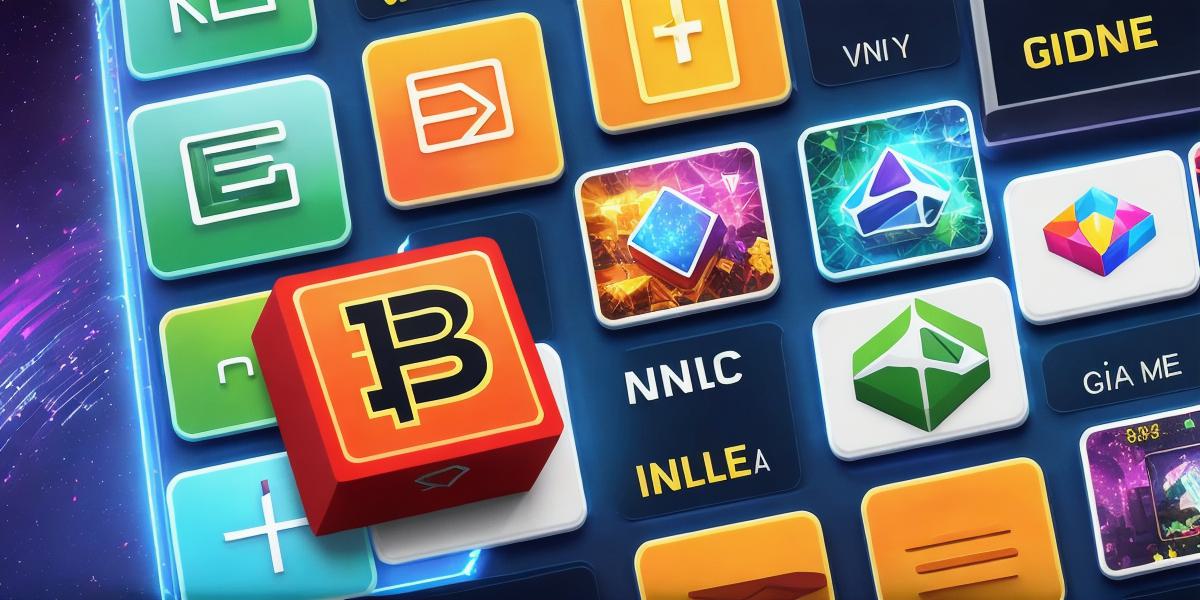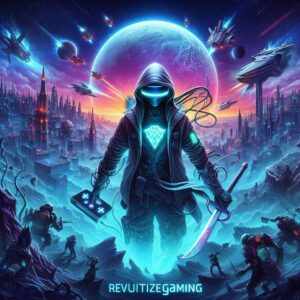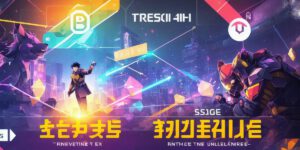Wildcard non-fungible token (NFT) games have become increasingly popular in recent years as they offer a unique gaming experience that allows players to collect, trade, and play with a wide variety of characters and items. Unlike traditional NFT games that focus on collecting rare, unique items or characters, wildcard NFT games offer more flexibility and customization options for players. In this article, we will explore what wildcard NFT games are, how they work, and the benefits and challenges they present for game developers and players.
One of the key features of wildcard NFT games is their ability to offer a range of different characters and items to collect and use in the game. These items can be traded with other players, creating a thriving market for NFTs within the game. Wildcard NFT games also offer a variety of gameplay mechanics and rules, allowing players to tailor their gaming experience to their preferences.
One of the benefits of wildcard NFT games is that they offer more opportunities for engagement and interaction among players. Because players can choose from a wide variety of items and characters, there are more opportunities for players to connect with each other and work together towards common goals. Additionally, because wildcard NFT games allow for more customization and flexibility, players can create their own unique gaming experiences that align with their personal preferences and interests.
There are several different types of wildcard NFT games available, including collectible role-playing games (RPGs), strategy games, and simulation games. Some examples of popular wildcard NFT games include CryptoKitties, which allows players to breed and collect unique cats as NFTs, and Decentraland, which offers a virtual world where users can create their own avatars and explore different districts and experiences.
One of the key challenges for wildcard NFT game developers is creating a balanced ecosystem that encourages both player engagement and economic growth. This requires careful consideration of factors such as item scarcity, pricing, and distribution to ensure that players are incentivized to collect, trade, and play with NFTs within the game. Additionally, game developers must ensure that their games are accessible to a wide range of players, regardless of their technological expertise or financial resources.
Overall, wildcard NFT games offer a unique and engaging gaming experience for players looking for something different from traditional NFT games. By offering more flexibility and customization options, wildcard NFT games have the potential to attract a wider range of players and drive economic growth within the NFT industry. As these games continue to evolve and improve, we can expect to see even more innovative and exciting gaming experiences in the future.



